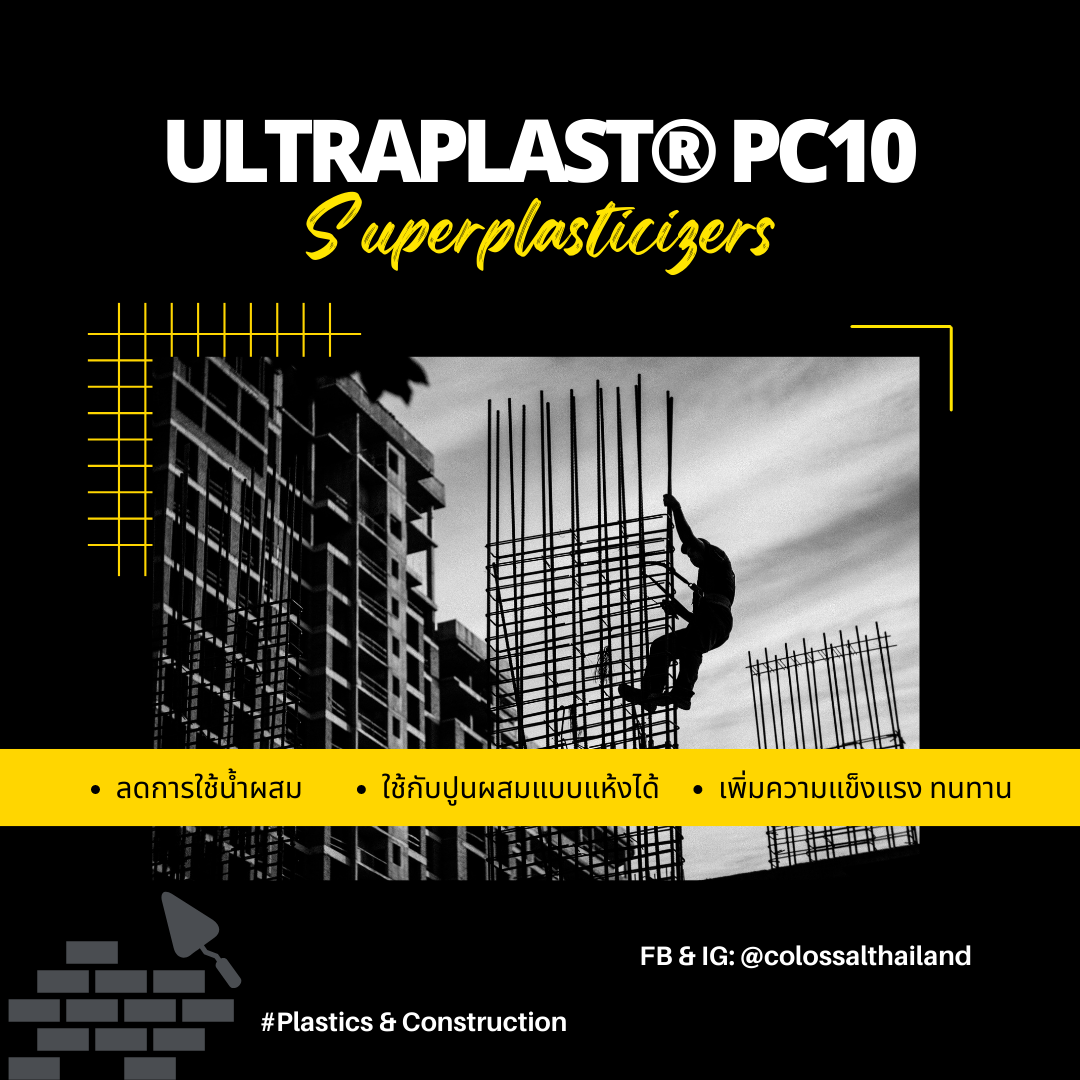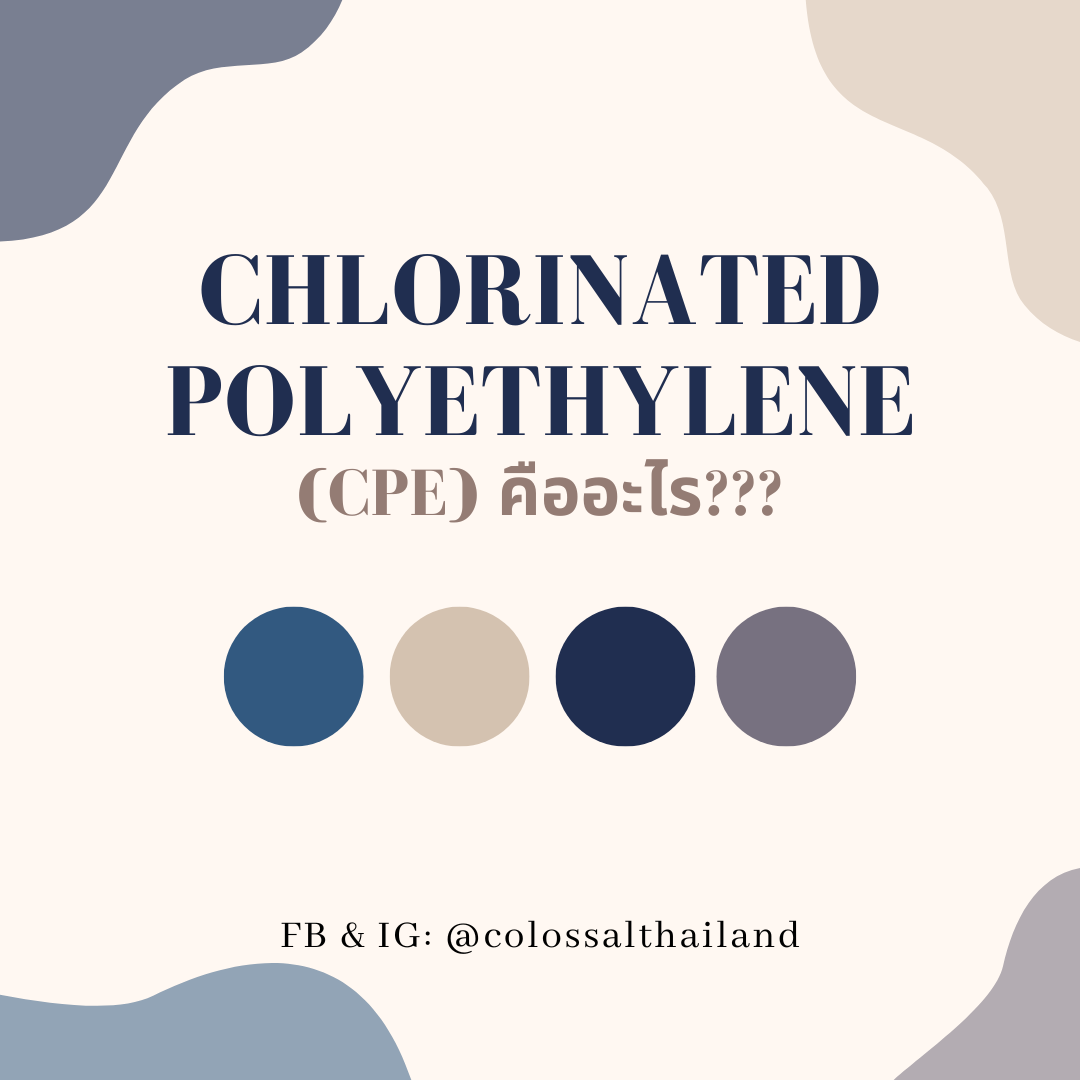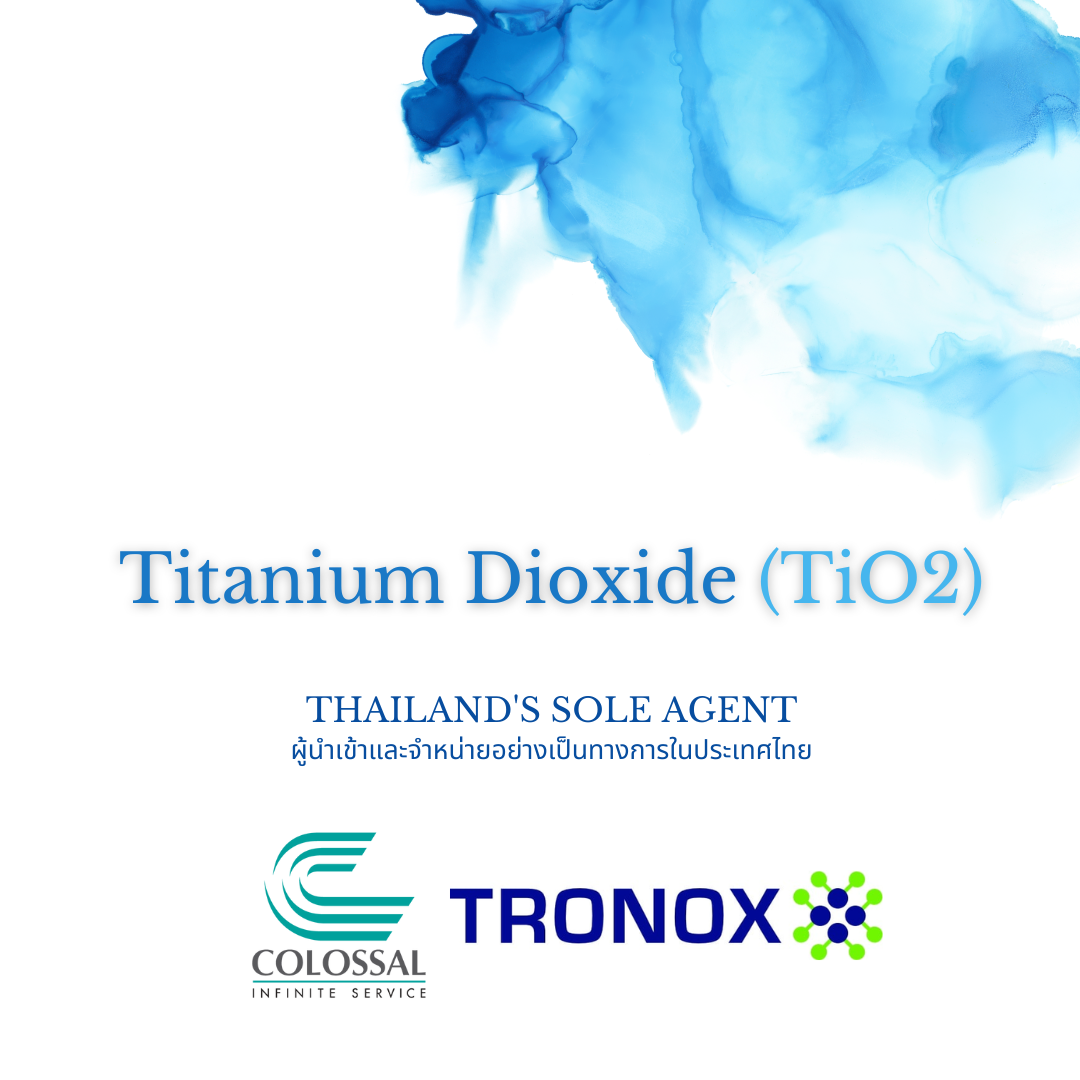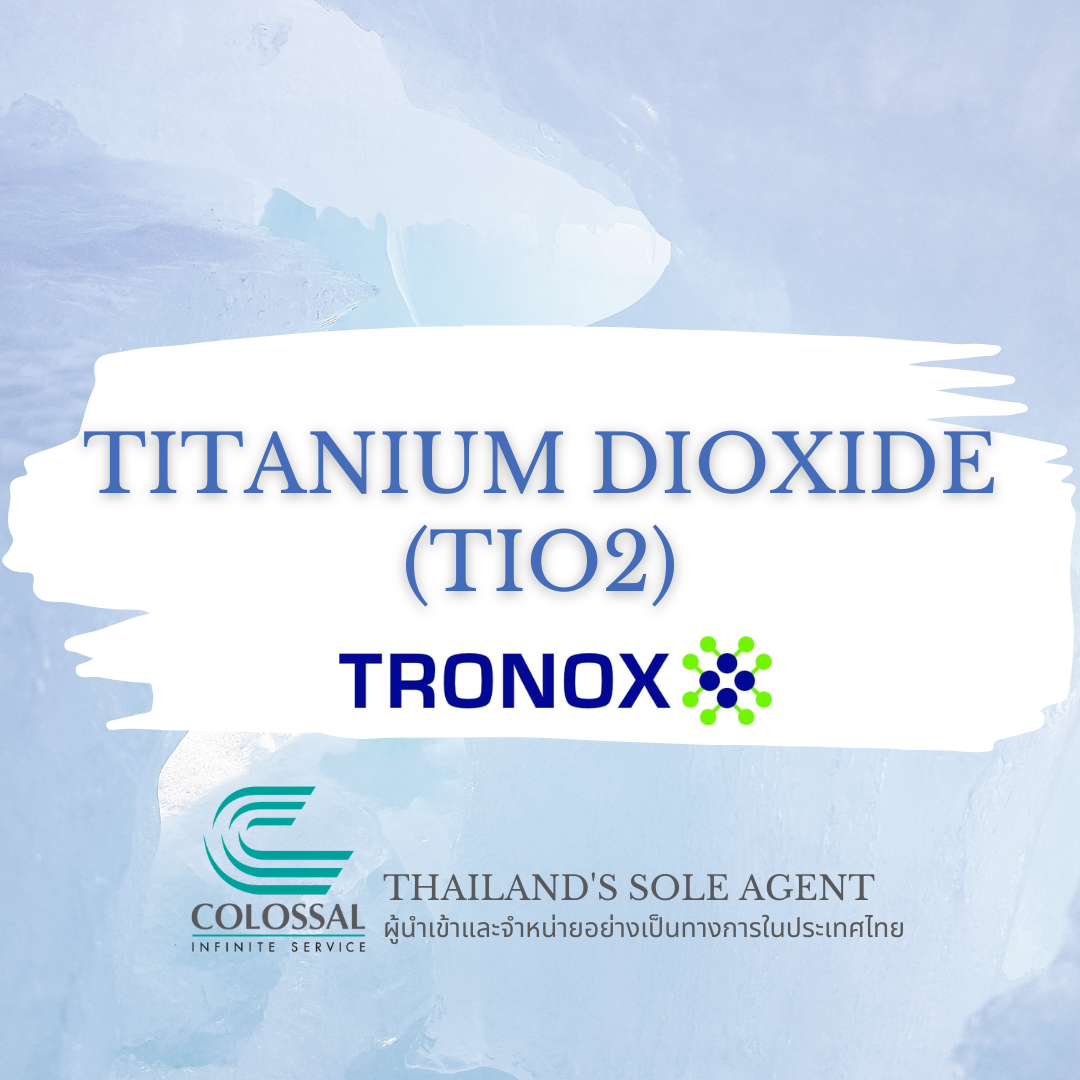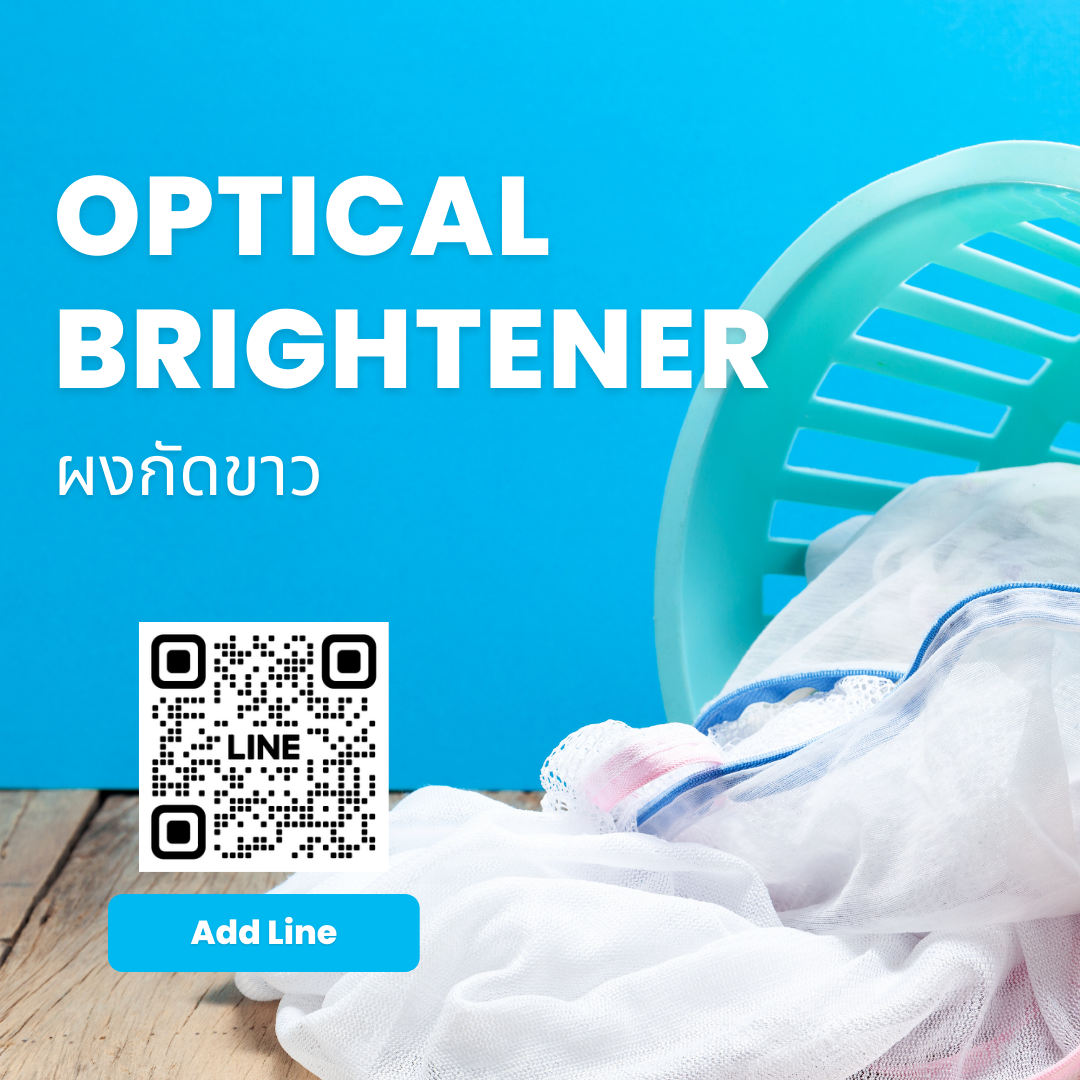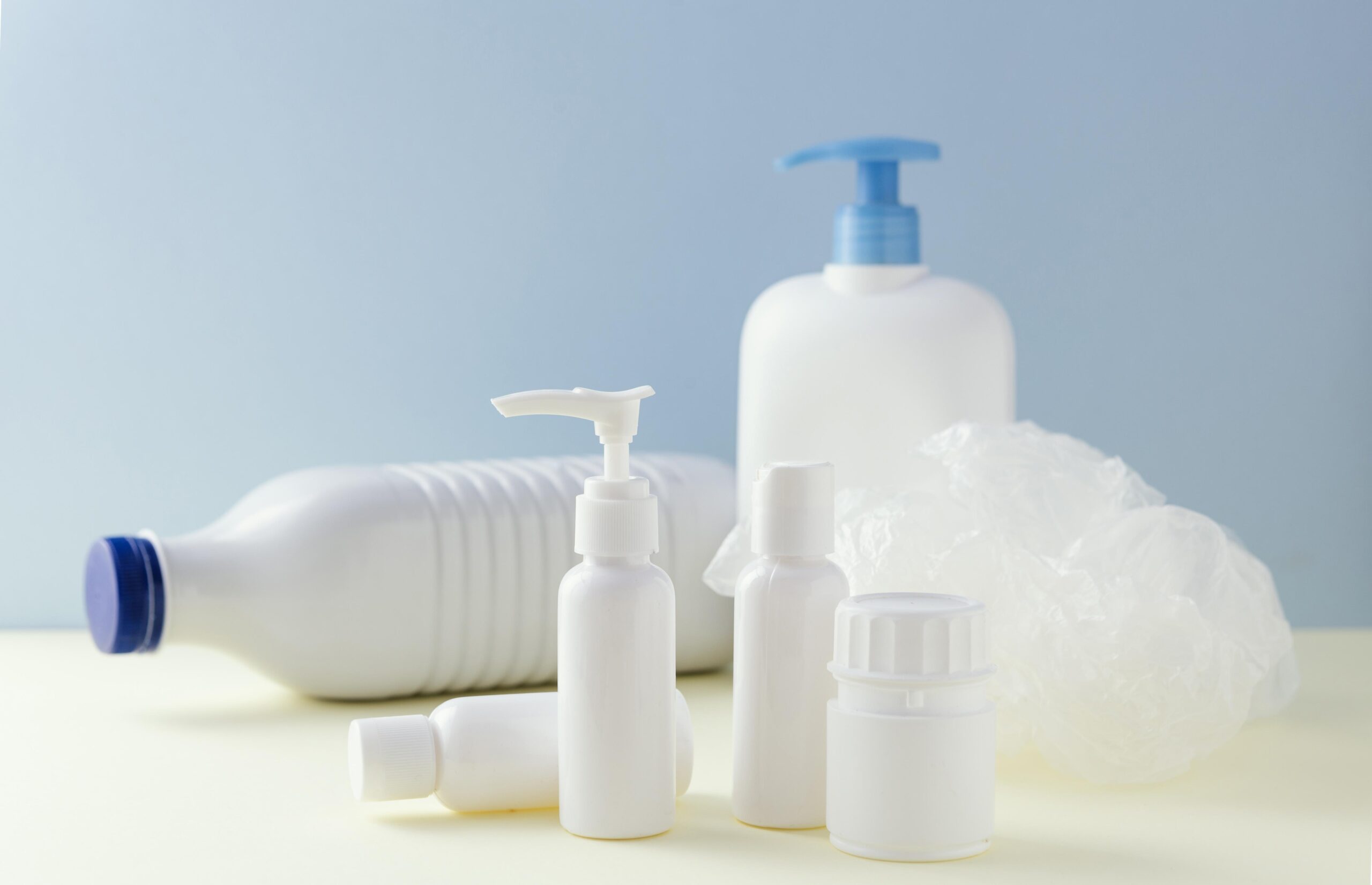Chlorinated Polyethylene (CPE)
Chlorinated Polyethylene (CPE)
Plastics
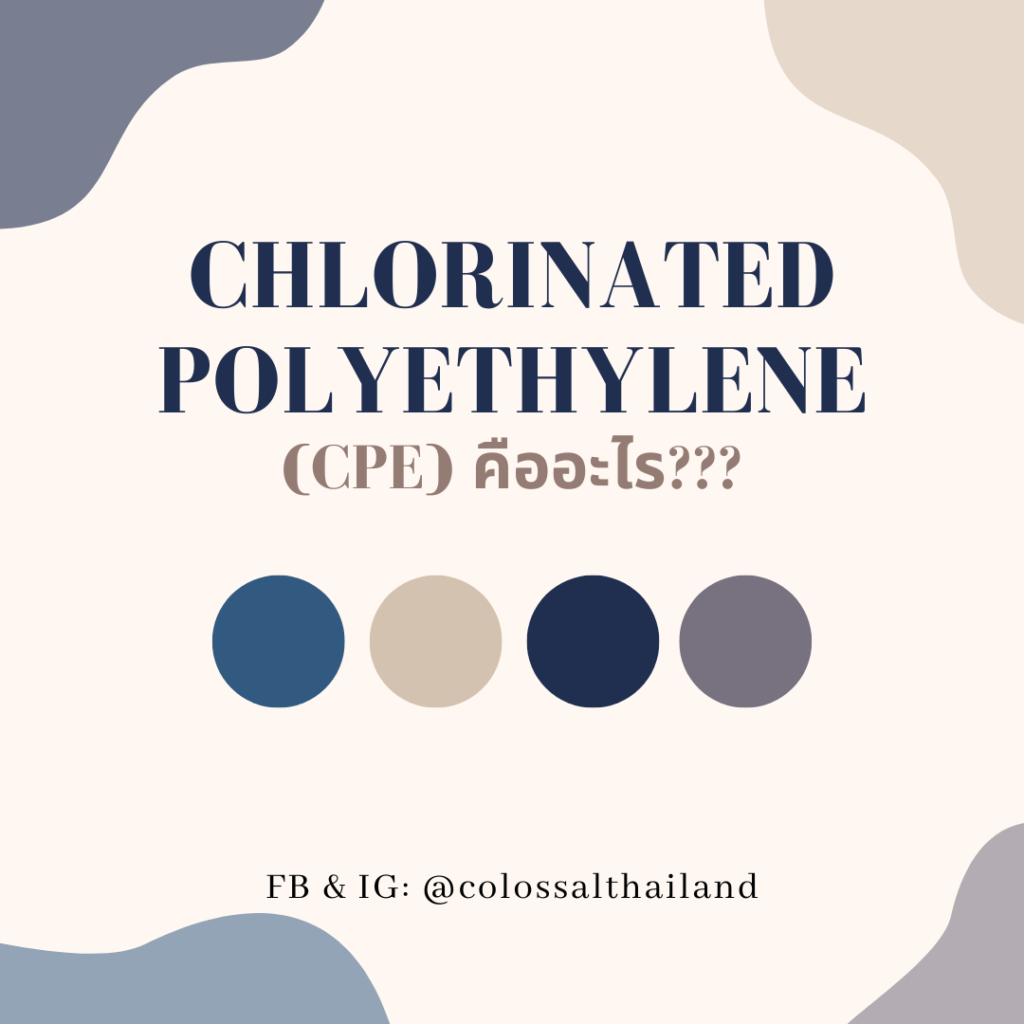
Chlorinated Polyethylene หรือ CPE เป็นวัสดุชนิดหนึ่งที่ผลิตจากการเติมกลุ่มคลอรีนเข้าไปในโครงสร้างของ Polyethylene ซึ่งเป็นโพลิเมอร์เทอร์โมพลาสติกที่ผลิตจาก Ethylene Monomers ซึ่งกระบวนการเติมกลุ่มคลอรีนเข้าไปทำให้มีคุณสมบัติที่ดีขึ้นเมื่อเทียบกับ Polyethylene ปกติ เช่น ทำให้เสริมความคงทนต่อสารเคมีอื่นๆ และทนต่อสภาพอากาศ ซึ่งทำให้เพิ่มอายุการใช้งานของวัสดุนั้นๆมากยิ่งขึ้น อุตสาหกรรมที่มักจะใช้ CPE เป็นส่วนประกอบ เช่น อุตสาหกรรมผลิตยานยนต์ ก่อสร้าง สายไฟฟ้า เป็นต้น นอกจากนี้ CPE ยังใช้เป็นสารเติมเต็มในสูตรการผลิต PVC เพื่อเสริมสร้างความแข็งแรง คงทนได้อีกด้วย
คุณสมบัติที่โดดเด่นของ CPE
1) ความยืดหยุ่น: CPE เป็นวัสดุที่ยืดหยุ่น ทำให้เหมาะสำหรับการใช้งานในอุตสาหกรรมที่ต้องการความยืดหยุ่น เช่น ท่อที่เน้นความยืดหยุ่น ซีล และอื่น ๆ
2) ต้านทานแรงกระแทก: CPE มีความต้านทานต่อแรงกระแทกที่ดี ทำให้เหมาะสำหรับการใช้งานของวัสดุที่อาจเกิดแรงกระแทกหรือแรงดันสูง
3) ความทนทานต่อสภาพอากาศ: CPE มีความทนทานต่อสภาพอากาศ เช่น รังสี UV โอโซน และเงื่อนไขสภาพแวดล้อมที่รุนแรง ทำให้เหมาะสำหรับงานกลางแจ้งที่ต้องทนต่อสภาพอากาศต่างๆ
4) ความต้านทานต่อสารเคมี: CPE มีความต้านทานต่อสารเคมีที่ดี เช่น กรด ด่าง และสารละลายหลายชนิด
5) ทนต่อเปลวไฟ: เหมาะกับการใช้งานในงานที่เกี่ยวกับสายไฟฟ้าต่างๆ
6) ยึดเกาะได้ดี: CPE มีคุณสมบัติการยึดเกาะที่ดีทำให้ใช้งานร่วมกับวัสดุอื่นๆได้อย่างมีประสิทธิภาพ เช่น โพลิเมอร์ชนิดอื่นๆ หรือโลหะ เป็นต้น
Chlorinated polyethylene (CPE) is a type of polymer that is produced by chlorinating polyethylene, which is a thermoplastic polymer made from ethylene monomers. The chlorination process involves introducing chlorine atoms into the polymer structure, resulting in a material with improved properties compared to regular polyethylene.
CPE is known for its excellent resistance to chemicals, weathering, and aging, which makes it suitable for various applications in industries such as automotive, construction, wire and cable, and consumer goods. Some of the key properties of chlorinated polyethylene include:
1) Flexibility: CPE is a flexible material, which allows it to be used in a wide range of applications that require flexibility, such as hoses, gaskets, and seals.
2) Impact resistance: CPE has good impact resistance, making it suitable for applications where the material may experience impacts or high-stress conditions.
3) Weatherability: CPE is resistant to weathering, including UV radiation, ozone, and harsh environmental conditions, making it suitable for outdoor applications.
4) Chemical resistance: CPE exhibits excellent resistance to chemicals, including acids, alkalis, and many solvents, making it suitable for applications where it may come into contact with various chemicals.
5) Flame resistance: CPE has inherent flame-resistant properties, which makes it suitable for applications where flame resistance is required, such as wire and cable insulation.
6) Adhesion: CPE has good adhesion properties, which allows it to be easily bonded to other materials, such as metals or other polymers, using adhesives or other bonding methods.
CPE is commonly used in a wide range of applications, including automotive parts, wire and cable insulation, roofing membranes, pond liners, footwear, and various consumer goods. It is also used as an impact modifier in PVC (polyvinyl chloride) formulations to improve the impact strength and weatherability of PVC products.
#ColossalInternational #colossal_thailand #chemistry #Colossal #CPE #PolyEthylene
- Plastic
Address
731/38-43 Ratchadapisek Rd. Bangpongpang Yannawa Bangkok 10120
Office Hours
Monday–Friday: 8:00AM–5:00PM

